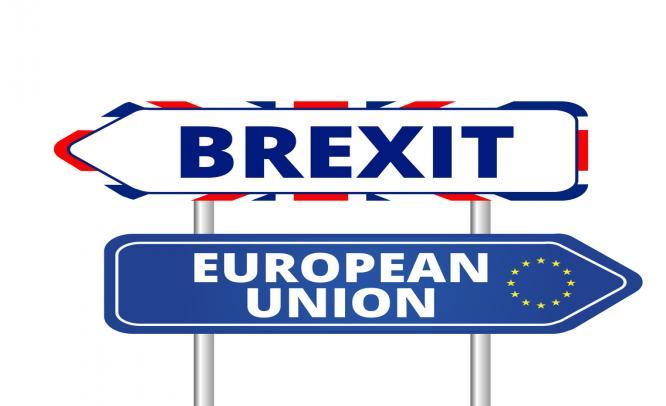UK Prime Minister Theresa May is expect to trigger Article 50 of the Lisbon Treaty on March 29
Nigel Green
Investors need to prepare now for three key issues ahead of Britain formally starting divorce proceedings with the EU. UK Prime Minister Theresa May is expected to trigger Article 50 of the Lisbon Treaty on March 29.
By this time next week, Britain will have officially started the process of unravelling itself from the European Union. This is one of the most complex negotiations in political history with global consequences, and as with most divorce proceedings, it is unlikely to be completely smooth sailing. As such, investors need to ensure their portfolios are ‘Brexit-proofed’.
With the clock ticking on the starting pistol being fired, investors need to prepare now for three key issues.
First, be prepared for increased market volatility. Uncertainty creates tidal waves of volatility across financial markets – and the Brexit negotiations represent a huge unknown.
Against a backdrop of growing volatility, investors need to ensure that their portfolios are truly diversified. This means investing across geographical regions, sectors and asset classes. Those with a well-diversified portfolio are always best-placed to mitigate risk in times of market turbulence, and best-placed to take advantage of the opportunities.
UK assets are likely to feel the heat. Investors should consider taking precautions against the potentially significant adverse effects of Brexit on UK assets, which they can do by increasing exposure to overseas investments.
Second, be prepared for sterling to experience further swings. The pound fell 10 per cent against the dollar in the week after the referendum to leave the EU. Similarly, it dipped this week when Theresa May confirmed the trigger date of Article 50.
Sterling is currently considered cheap, considering the underlying buoyance of the British economy, now forecast to grow 2 per cent in 2017. This is a buying opportunity for some investors. However, with an enormous question mark hanging over the negotiations, and the creeping inflation, the pound’s current low value might not last.
And third, be prepared for the far-reaching impact of higher UK inflation and higher interest rates. This week, inflation hit its highest level in more than three years – and smashed the Bank of England’s official target. This has raised expectations that interest rates could be hiked sooner rather than later.
This new landscape will present a new set of winners and losers for investors. A good financial adviser will help them select the right investments and, crucially, at the right time.
A lot has happened since the EU referendum in June 2016, and today the economy is facing a very different set of issues. The economic landscape will continue to shift significantly during the two-year negotiation period. Investors need to remain aware and agile and ensure their portfolios are Brexit-proofed.
Nigel Green is founder and CEO of deVere Group
RELATED STORIES
‘Dutch election result hint at more constructive approach to policy’

